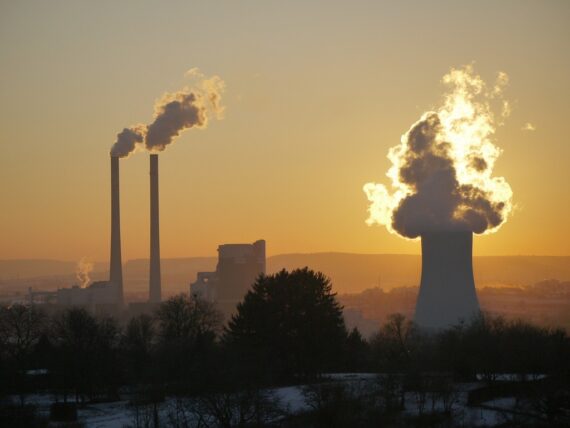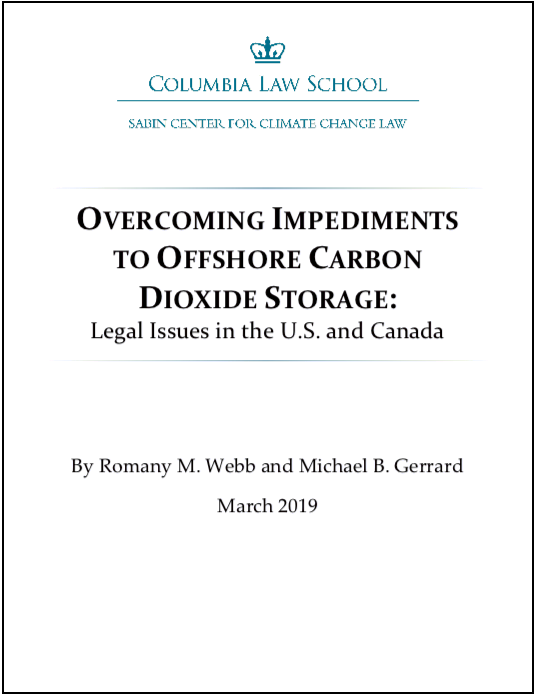Until recently, Louisiana was the darling of the carbon capture, removal, and storage industry. Due to its history of oil and gas production, the state has a fairly extensive carbon dioxide pipeline network, and ideal geology for storing carbon dioxide. For those reasons, federal incentives to advance point source capture […]
Carbon Capture and Storage
This blog post was authored by 2024 Sabin Center Summer Intern, Arpana Giritharan, with input and supervision from Johanna Lovecchio, Director of Program Design for Climate Action and Adjunct Professor at Columbia Climate School, and Romany Webb, Deputy Director of the Sabin Center for Climate Change Law. ‘Coastal blue carbon’ […]
Today, the Sabin Center filed two amicus briefs—one on behalf of the National League of Cities and the U.S. Conference of Mayors, and a second on behalf of experts in carbon capture and storage (CCS) science and technology—in support of the U.S. Environmental Protection Agency (EPA) in West Virginia v. […]
A new report published today by the Sabin Center examines the laws governing international transport of carbon dioxide for sequestration. We focus, specifically, on the shipping of carbon dioxide that was captured in Europe to the United States for sequestration there. Much of the report would also be relevant to […]
The Infrastructure Investment and Jobs Act of 2021 directed the U.S. Department of Energy (DOE) to support the development of four regional “direct air capture hubs” (DAC Hubs)—networks that connect direct air capture projects with sequestration facilities and commercial users of captured carbon dioxide (CO2). To support these DAC Hubs, […]
Today, the Sabin Center has published a best practices guide for negotiating and drafting Community Benefits Agreements (CBAs), as well as a database of 50 example CBAs from climate-related projects and other types of infrastructure. For background, CBAs are legally binding contracts between developers and host municipalities or community groups […]
This week, the Sabin Center and a group of scientists with expertise on carbon capture and sequestration (“CCS”) technologies submitted comments on EPA’s proposal to weaken the CO2 performance standards for new coal-fired power plants. As discussed in a previous blog post, the current standards, which were promulgated in 2015, […]
By Romany Webb On Wednesday, March 13, the United Nations Environment Programme released its sixth Global Environment Outlook warning that “[t]ime is running out to prevent the irreversible and dangerous impacts of climate change.” Consistent with other UN reports, the Outlook calls for urgent action to reduce climate-damaging carbon dioxide […]








